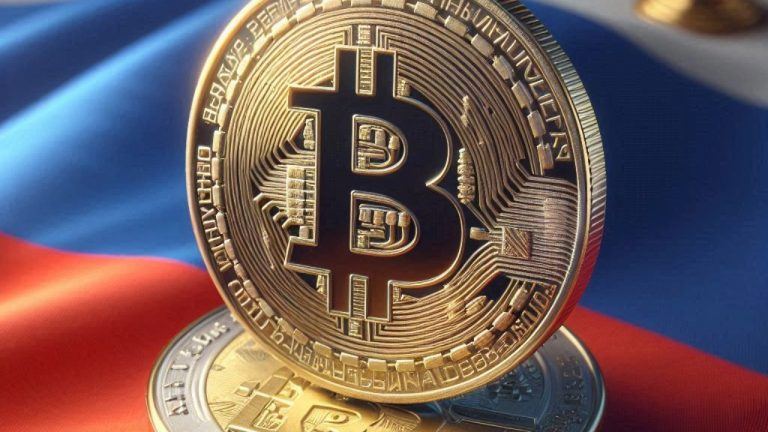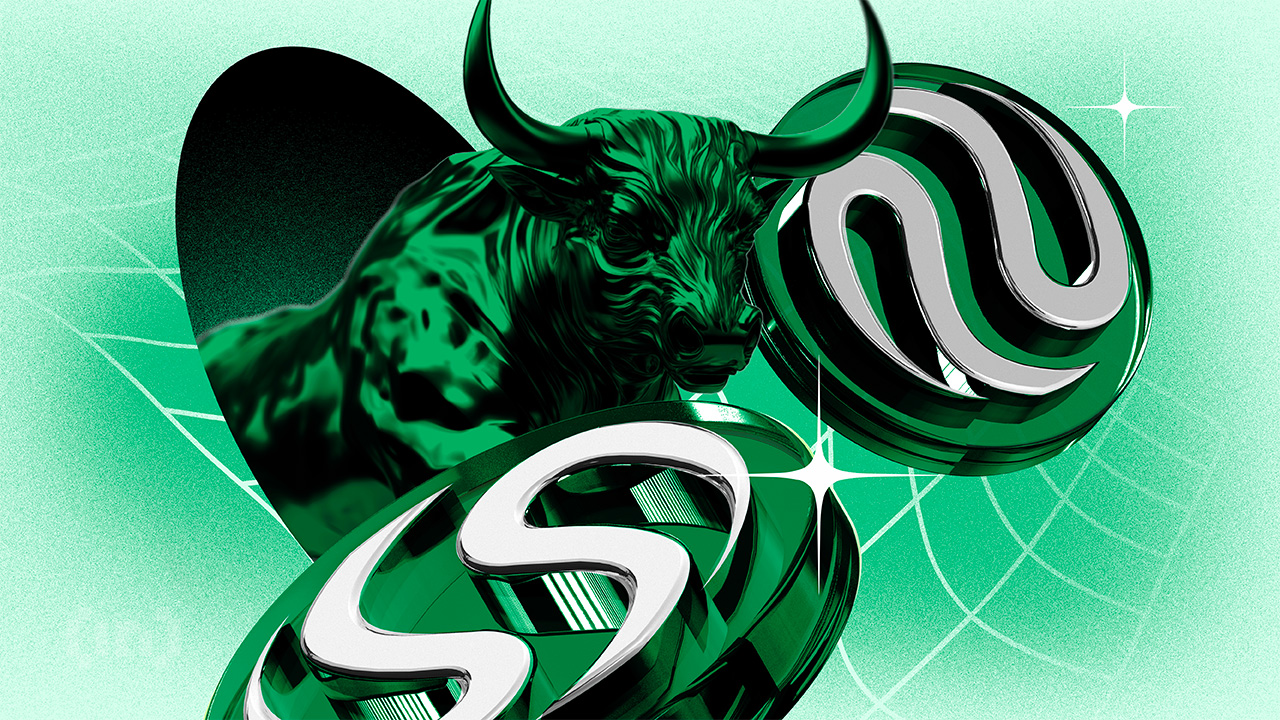How Uniswap and DeFi Can Leverage AI for Enhanced Compliance and Security
- DeFi has shown significant resilience and rebounded from a tumultuous period marked by scandals and financial instability.
- The merge of crypto with traditional finance highlights both opportunities and challenges, particularly in compliance.
- “Effective self-regulation can potentially shield the DeFi sector from more stringent regulatory actions,” suggested industry expert Mark Douglas.
A close look at the evolving landscape of decentralized finance (DeFi), including its regulatory challenges and potential solutions through AI.
DeFi: Rebounding Amidst Scandals and Instability
The decentralized finance (DeFi) sector has demonstrated remarkable resilience, rebounding after a period marred by numerous scandals, price drops, and questions about its real-world utility. Now, as the industry finds its footing once again, the maturation and growing significance of DeFi highlight both its potentials and existing challenges. With traditional finance showing a keen interest in integrating with blockchain technology, the stakes have never been higher for the crypto industry to establish legitimacy and compliance.
Regulation: The Elephant in the Room
The increasing scrutiny from financial regulators around the globe has cast a spotlight on DeFi’s current lack of compliance. While centralized organizations operating in major markets like the US, UK, and EU comprehend the necessity of adhering to stringent security, anti-money laundering laws, and consumer protection measures, DeFi’s undefined status exacerbates its regulatory uncertainties. To ensure sustained growth and acceptance, the DeFi ecosystem must proactively adopt preparative measures for future regulatory actions. This challenge is underscored by the surveillance of entities like the SEC and the evolving regulations encapsulated in the EU’s MiCA framework.
The SEC and Future Compliance
From exchanges like KuCoin to automated market makers (AMMs) like Uniswap, DeFi platforms have faced varying degrees of regulatory scrutiny. Recent developments, such as the SEC’s proposed amendments to the definition of securities dealers, indicate a tightening regulatory noose. The anticipation is that entities within the DeFi space may need to register with regulatory bodies to ensure greater oversight and transparency. This evolving landscape necessitates a balance between compliance and the innovative essence that defines DeFi.
The Role of AI in DeFi Compliance and Security
AI presents a viable solution to the regulatory and security challenges endemic to the DeFi landscape. The Federal Reserve’s generative AI programs offer a blueprint for employing AI to enhance payment system data analysis and regulatory compliance. By adopting similar AI-driven methodologies within Web 3.0 environments, DeFi can enhance protocol security and user protection while maintaining its decentralized ethos. AI can aid in predicting and identifying security breaches, streamline compliance audits, and facilitate adherence to KYC and AML regulations, thereby making DeFi more attractive to traditional financial institutions and retail investors alike.
Conclusion
In summarizing the current state and future outlook of DeFi, it’s evident that innovation and compliance must coexist to ensure sustainable progress. As DeFi continues to evolve, the integration of AI could offer a seamless path to addressing regulatory frameworks while preserving the decentralized nature of the industry. The proactive establishment of compliance standards, driven by AI, will be imperative to safeguard user assets and maintain institutional interest. Ultimately, the synergy between AI and blockchain technology holds the key to DeFi’s advancement and broader acceptance within the evolving financial ecosystem.






